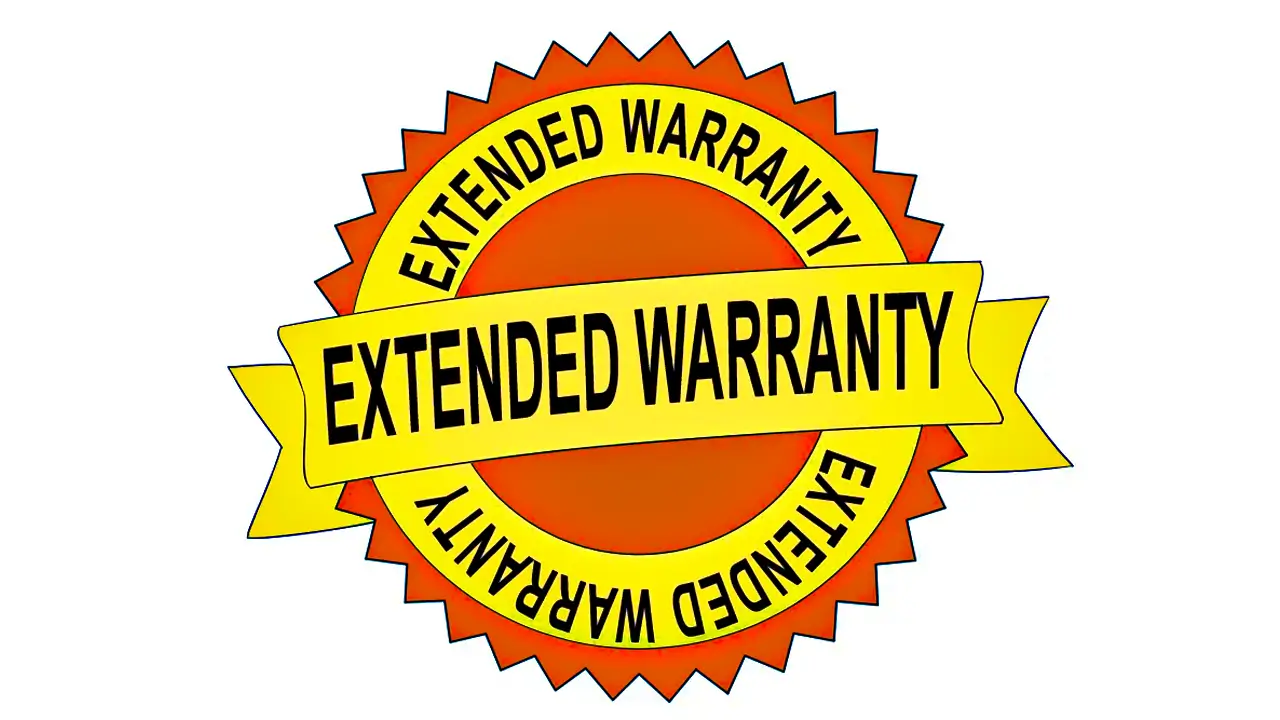A car’s extended warranty is an extra layer of protection that pays for specific repairs after the original manufacturer’s guarantee has expired. It offers additional protection and can help you save money on future repairs. This type of guarantee gives you peace of mind by preventing you from being taken aback by high repair costs.
How Extended Warranties Work
After the expiration of the manufacturer’s warranty, an extended warranty is offered. A manufacturer’s warranty typically lasts 3 to 5 years or up to a predetermined distance, such as 36,000 or 60,000 miles. The extended warranty starts to operate when that time frame has passed. Car owners must pay a premium, which can be made in full or in installments, to obtain this coverage.
The warranty provider is notified when a covered issue occurs and the vehicle is sent to an authorized repair facility. After evaluating the issue and confirming that it is covered, the shop makes the necessary repairs. In most cases, the automobile owner pays a deductible, and the warranty provider covers the majority of the repair expenses. Through this procedure, auto owners can get high-quality repairs without having to pay the full cost of labor and parts.
The Coverage of Extended Warranties
Depending on the plan type, extended warranties offer different levels of coverage. While comprehensive plans contain a larger range of components, such as heating and electrical systems, basic plans usually cover major components like the engine and gearbox. Advanced electronics like navigation and infotainment systems may even be covered by premium policies.
How to use an Extended Guarantee
There are a few easy procedures involved in using an extended warranty. When an issue occurs, the owner brings the car to a repair facility that has been authorized by the warranty provider. After assessing the problem, the shop gets in touch with the warranty provider to verify coverage. After approval, repairs start, with the owner just paying a deductible and the warranty company paying the majority of the cost.
Only authorized shops should be used to service the vehicle; otherwise, the warranty could not cover repairs. Car owners can maximize the value of their warranty by following these instructions.
Advantages of an Extended Warranty
Extended warranties have a lot of benefits. They shield vehicle owners from significant, unforeseen costs by paying for unforeseen repairs. They provide certainty because it is possible to budget for the warranty’s monthly payments, preventing unpleasant financial surprises. Because customers may feel more confident buying a car with coverage, extended warranties can even increase a car’s resale value.
Is an Extended Warranty Beneficial?
The car and the owner’s requirements determine how much an extended warranty is worth. An extended warranty might not be required if the vehicle has a reputation for dependability or if the owner would rather pay for repairs one at a time. To avoid expensive repairs, it can be a wise decision for people whose cars are less reliable.
Extended warranties help automobile owners control repair costs as their vehicle ages by protecting the initial warranty. However, thorough investigation and comparison are essential to guaranteeing that the plan offers value, providing drivers with assurance and security while driving.
